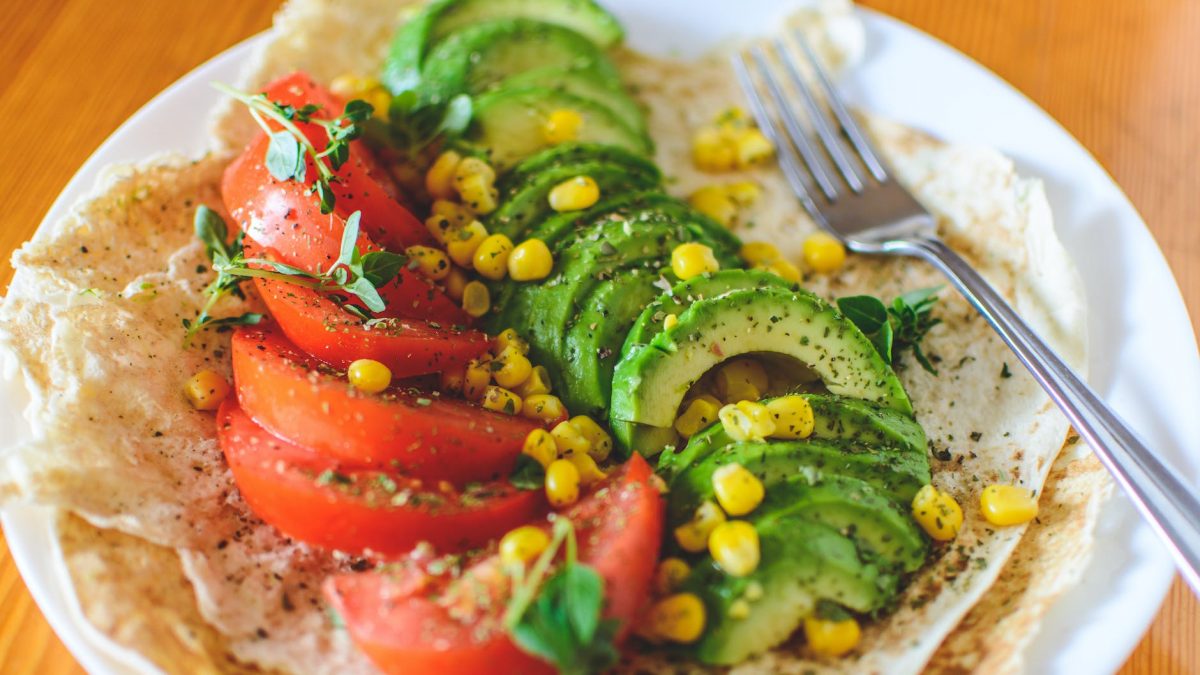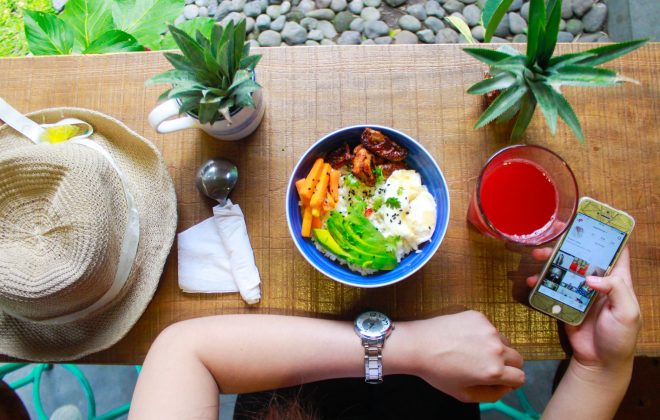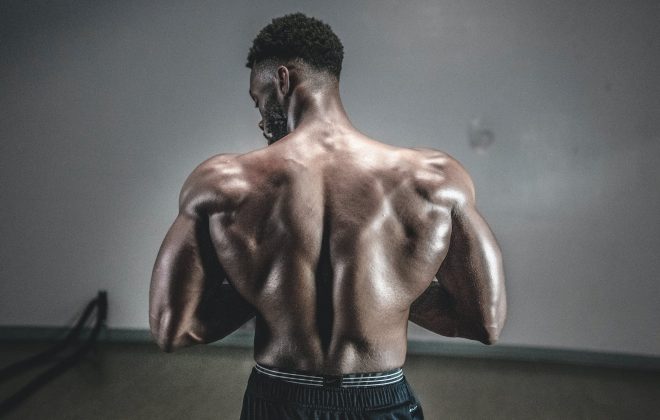Vegan Protein Powerhouses – Vegan Protein Sources
So let me start off by saying, I know…this is probably the one topic I thought I’d never write about considering the amount of mocking I’ve done in the past around vegans and their lifestyle choices, but you know what, sometimes life comes at you real fast, suddenly you’re eating McPlant burgers because someone enters your life like a hurricane and before you know it, you’re a different person, but change is good and the more you embrace things, the more you learn, an open mind is a valuable asset and this month I’ve been intrigued by the world of vegan protein sources.
Secondly I have a small confession, so far my foray into the vegan world has been more of a dipping of the toes, I’ve sampled quite possibly the most processed, junk filled meat alternatives you can find, like pretend burgers, fake mince and fugazi chicken, its all filled with gum, emulsifiers, and preservatives, that’s not to say non vegan products don’t have these issues, but if you’re a vegan that lives on this type of shit, you need to do better.
So I wanted to dive into the world of vegan nutrition and explore the best sources of complete protein for those who choose to shun animal products. But before we begin, let’s unravel the enigma of complete protein sources and why they matter.
The Quest for Completeness
Ah, complete proteins – the holy grail of plant-based nutrition. You see, proteins are the building blocks of life, playing crucial roles in muscle development, hormone regulation, and overall body function. Proteins consist of amino acids, which can be categorized into two types: essential and non-essential.
Essential amino acids are like those elusive Pokémon you desperately want to catch. Your body can’t produce them, so you must obtain them from external sources. Non-essential amino acids, on the other hand, are more like the lazy companions who tag along, not doing much but adding to the party.
When it comes to protein, complete sources contain all the essential amino acids your body needs in sufficient quantities. These complete proteins mirror the amino acid profiles found in animal-based sources, making them a crucial component of a well-rounded vegan diet. So, enough chat, let’s unveil the top vegan protein sources that can provide you with the completeness you seek.
- Quinoa – The Supergrain Savior
Quinoa, the superhero of grains, this ancient grain packs all nine essential amino acids, making it a complete protein source and a nutritious staple for vegans. Additionally, quinoa is rich in fiber, iron, magnesium, and manganese. Its versatility makes it a go-to ingredient for salads, stews, and even as a rice substitute.
- Tempeh – The Fermented Wonder
Tempeh, an Indonesian creation, is a fermented soybean product that boasts a stellar amino acid profile. It’s packed with protein, calcium, and iron, making it a favorite among vegans and vegetarians alike. Its firm texture and nutty flavor make tempeh a perfect candidate for grilling, stir-frying, or even adding to salads.
- Buckwheat – The Nutritional Powerhouse
Despite its misleading name, buckwheat is not wheat at all. It’s actually a seed related to rhubarb and sorrel. This gluten-free grain alternative is a complete protein source, rich in amino acids, fiber, magnesium, and B vitamins. Buckwheat flour can be used in pancakes, bread, or as a base for gluten-free baking.
- Hemp Seeds – The Tiny Protein Bombs
Don’t let their small size fool you; hemp seeds are protein powerhouses! These tiny seeds contain all essential amino acids and are brimming with healthy fats, vitamins, and minerals. Sprinkle them over salads, blend them into smoothies, or use hemp protein powder in your baking adventures.
- Spirulina – The Blue-Green Algae Warrior
Spirulina, the blue-green algae superhero, deserves a spot on our list. This powerhouse of a superfood contains all the essential amino acids, making it a complete protein source that’s easily digestible. Spirulina is also packed with iron, antioxidants, and vitamins. Add it to your smoothies or enjoy it in supplement form.
- Chia Seeds – The Ancient Energy Source
Chia seeds may have gained popularity as a trendy superfood, but they deserve their place among vegan protein sources. These tiny seeds are a great source of complete protein, fiber, omega-3 fatty acids, and minerals. Soak them in water to create a gel-like consistency, or add them to puddings, smoothies, and baked goods.
Remember, when constructing a balanced vegan diet, it’s essential to include these complete protein sources to ensure your body receives all the amino acids it craves.
While the world of veganism may seem challenging to navigate, the options are plentiful, and the benefits are numerous. So go ahead, embrace the power of plants, and let your taste buds rejoice as you explore the wide array of vegan protein powerhouses at your disposal.
Now, does this mean I will be going vegan full time? I can comfortably say most likely not, but it has added some extra protein sources to my arsenal, which is never a bad thing, the more strings to my bow the better!
Categories
- Calisthenics (3)
- Fitness (32)
- Motivation (12)
- News (2)
- Nutrition (16)



